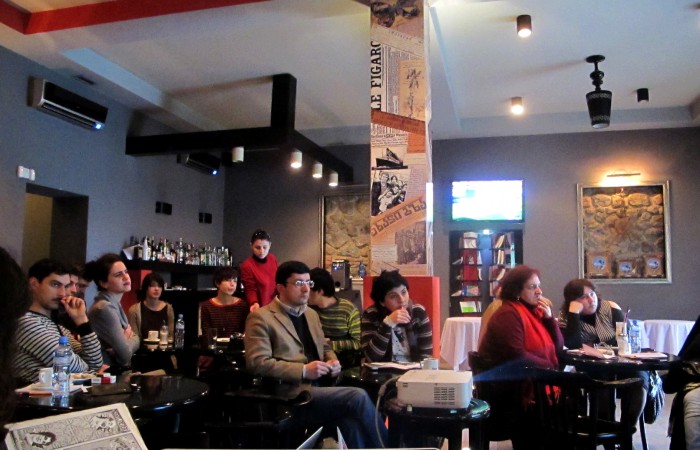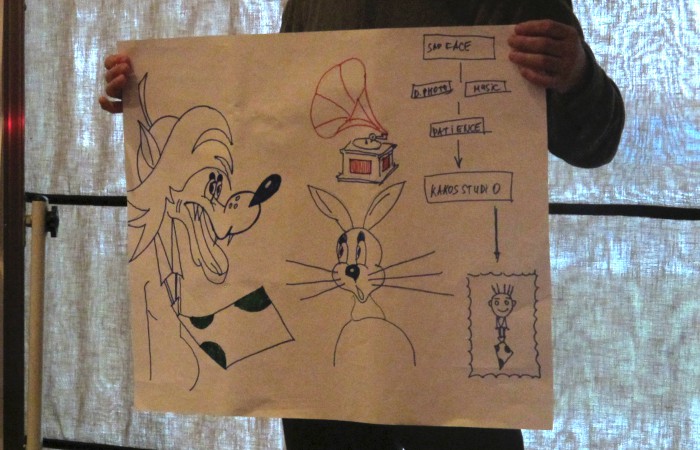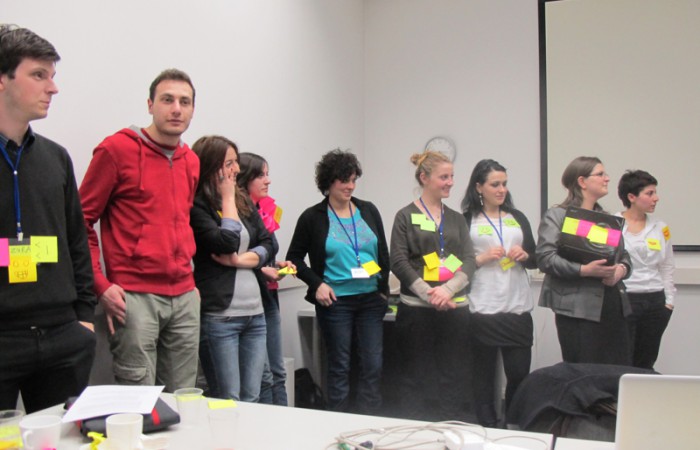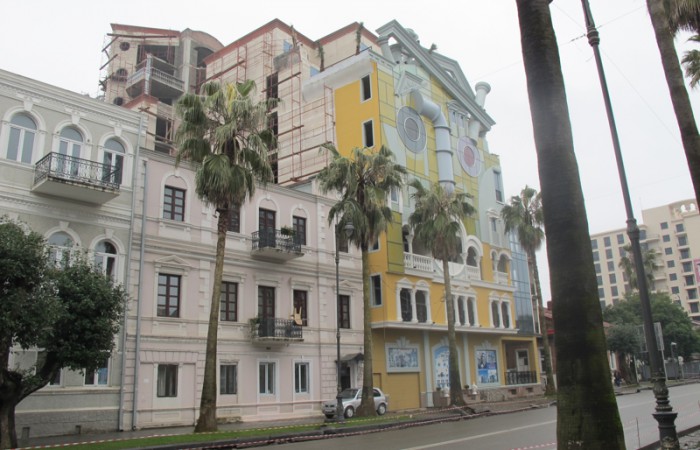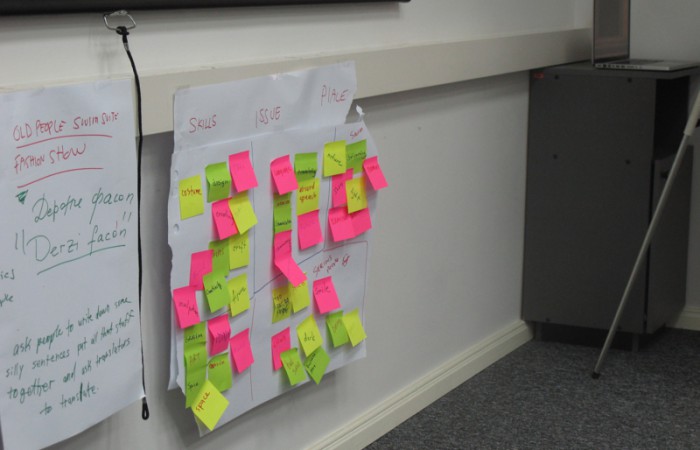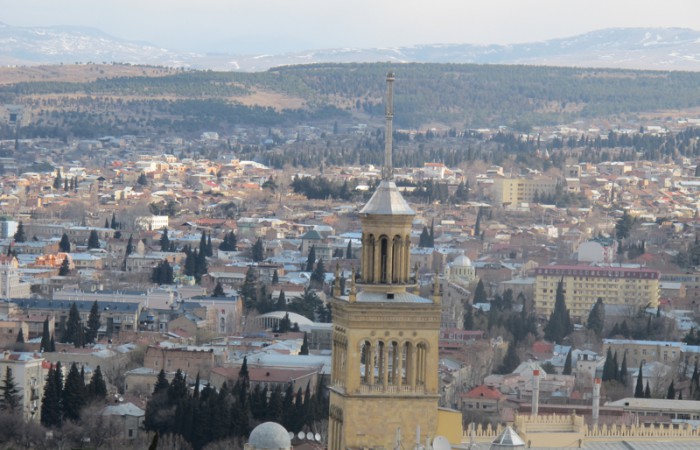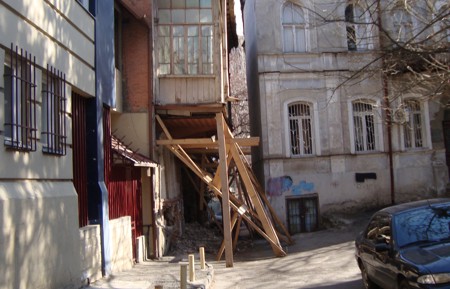Open Society Foundation Georgia Project was a collaboration between Parsons Curatorial Design Research Lab professors & students, the Open Society Foundation Georgia and GeoAIR Residency Program. These 2-day intensive workshops in Tbilisi and Batumi focused on strengthening the Republic of Georgia’s curatorial infrastructure. We addressed what is often called the “educational turn” in contemporary curatorial practice: the co-creation of participatory platforms that aim to produce new forms of local knowledge. The workshops encouraged educational institutions (from multi-disciplinary universities to art academies), cultural organizations (from museums to contemporary art galleries to artist residency programs) and local creative practitioners to consider how to expand their research methodologies, widen their audience reach and collaborate to create think-tanks/ “do-tanks” that respond to actual local conditions and urgent needs. Presentations by Parsons Professor Lydia Matthews, Roomservices (Parsons Professor Otto von Busch and Evren Uzer), and Joanna van der Zanden (Director, Rotterdam Design Prize) highlighted the cultural politics of production at the intersections of art, design, urbanism, and radical pedagogy. Participants were then challenged to co-produce their own proposals for socially-engaged projects and local curatorial platforms, a process facilitated by an interactive website designed on-site by Parsons Design and Technology MFA student, Kellyn Loehr.
Their proposals included projects to replace plastic bag usage in markets with eco-friendly hand-crafted bags made from recycled clothing, a local house repair knowledge exchange platform to resist gentrification and poor building restoration practices in Tbilisi, a public art campaign to promote a more optimistic sense of Georgian identity and to fight gender discrimination in the media, a program to combat “artistic brain drain” by providing local visual/performing artists new opportunities including mini “artist-in-residencies” in local neighborhoods to highlight family histories and transform domestic courtyards into temporary public performance/exhibition venues, and a “backstage histories” museum exhibition that invites Batumi residents to reflect on what “cultural heritage” means to them and contribute objects/activities that they feel compelled to preserve and collectively treasure.
See more HERE.

